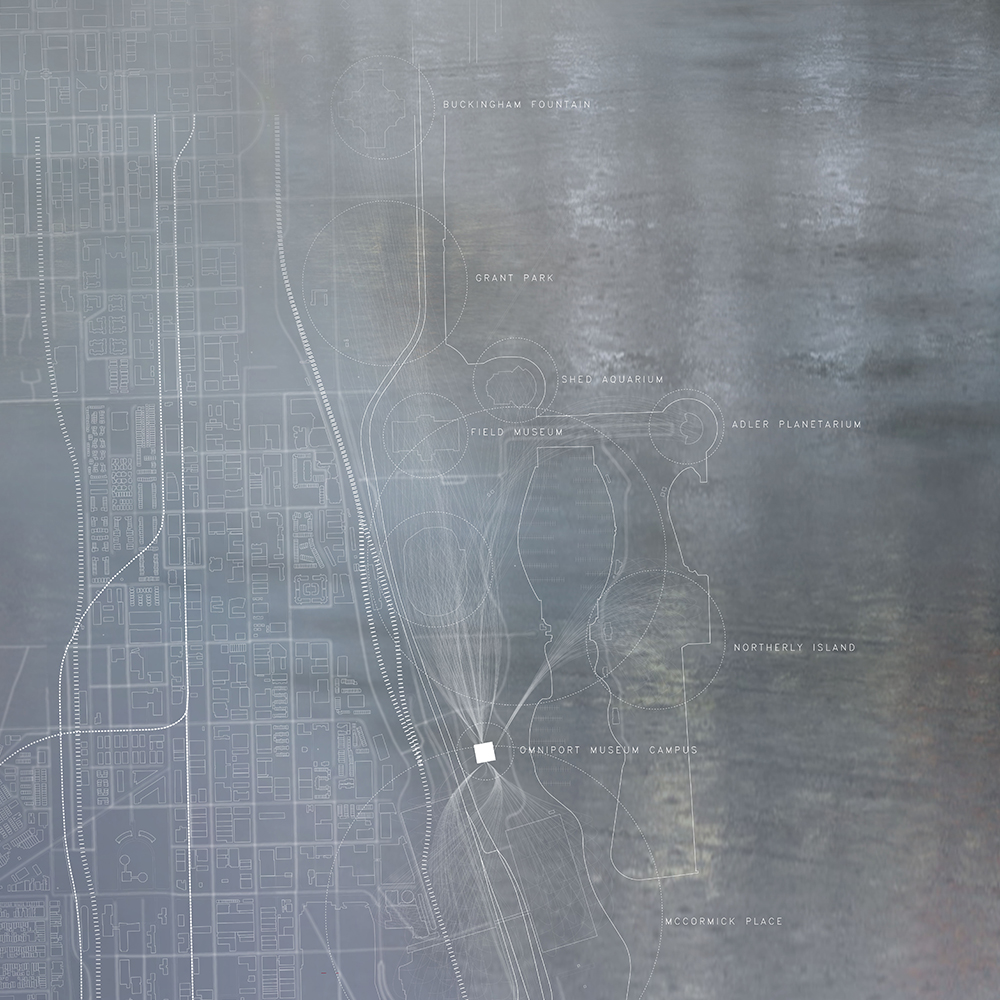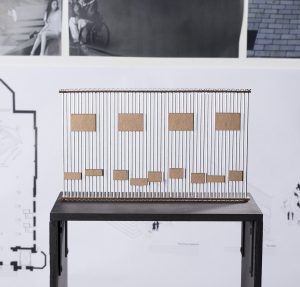The global city has one irreplaceable monument, the airport. Airports are the portals for commerce, economy and tourism for cities, and our entry into a transcendent and border-less world. They are also cosmopolitan centers within themselves. As the demand of air travel increases, the architecture of these spaces becomes increasingly potent and polycentric. Airports today face challenges of antiquated models of expediency with the need for expansion, improved quality of experience, and cultural representation.
The Architecture of Connection positions and intervenes to offer alternatives for airport design, re-shaping and re-thinking airports as they exist today. It is imperative to embrace the future of the airport as regional and global centers responding to the needs of the contemporary climate. In this new context, the architecture of modern transit becomes increasingly charged, changing the way we identify with ourselves, with our city and with the world.
In the context of the centrally located, international hub of Chicago, The Architecture of Connection introduces a prototype for future airports at the global and local scale. Airports reverberate the local culture of their city while constantly concretizing their city’s role in the international and global world. The challenges understood by O’Hare and Midway are typical of cities like New York, London, Los Angeles, and Paris. Chicago’s international airports lay at the outskirts of the city center, making transportation to and from the airport increasingly dif cult and simultaneously diminishing the city and surrounding suburb’s connections with the global.
The freedom and beauty of ight has become trapped inside extensive systems and infrastructures that counteracts the uidity, experience of travel, and the socially adept world that we live in. Our world, our politics, our economies, and our responsibilities are global. Our physical place for global travel, the airport, needs to re ect this current environment and actualize our needs as increasingly global citizens.
















